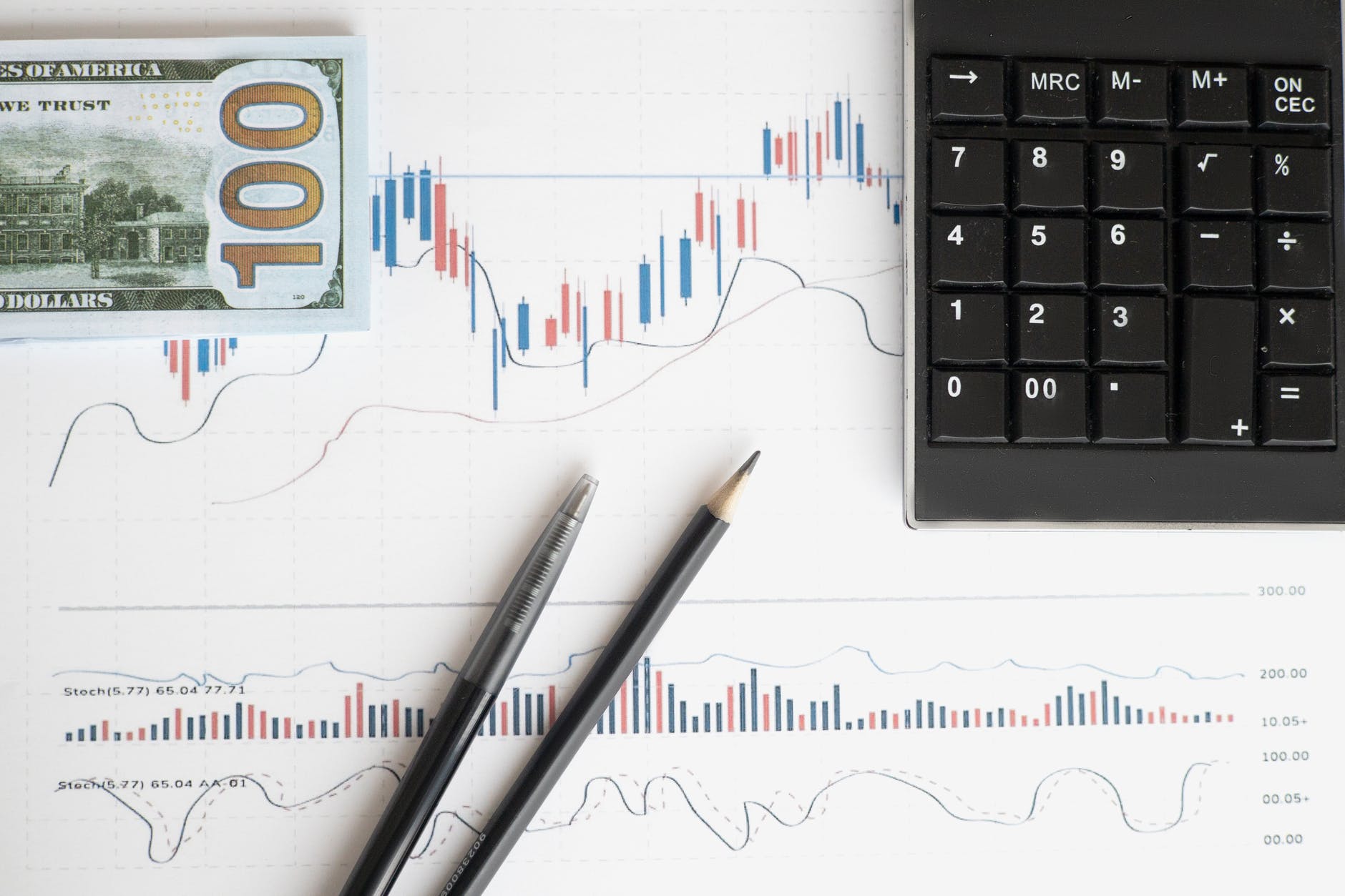Many people already know that mutual funds and stocks can be excellent sources of income and present great opportunities for investment. When it comes to monetary assets that give outstanding dividends, then the concepts of stocks and mutual funds are quite easy to understand and they have the potential of maximizing your earnings.
Both stocks or funds are now known to be some of the most popular investment vehicles that many investors are interested in. This article discusses mutual funds vs stocks.
Mutual Funds Versus Stocks
It’s worth noting that stocks refer to the physical representation of part of a company’s value that can be traded on the stock market. Therefore, when a company decides to go public and issues its shares, it means the combined value of the shares either owned by persons or the company is what makes the total value of that company.
As a result, being a shareholder means you own a small part of the company and you can take part in all the annual shareholder meetings.
On the other hand, mutual funds are made of a pool of funds gathered from several investors to buy securities, such as stocks, bonds, and other assets. Simply put, mutual funds refer to a collection of bonds and stocks that fund managers manage. Hence, if it’s a debt mutual fund, then it can have government bonds and securities, while an equity mutual fund can have stocks.
Ideally, an investment in mutual funds is a type of investment in bonds and stocks that is managed by an investment firm. Direct investment in stocks is considered to be an active type of investment that involves you handling the buying and selling of the products yourself.
For a new investor, perhaps it’s a good idea to choose mutual funds as it allows the experts to handle the investment on your behalf. Direct investment in a share is great for people who understand the market and can manage it themselves.
Key Differences Between Mutual Funds And Stocks
Keep in mind that shares are usually offered to the public as a business growth strategy for companies while mutual funds are just an investment for people. Because mutual funds are a portfolio of stocks belonging to a company and managed by a fund manager, it means you cannot control the trade of stocks. Also, you cannot decide to exit from some of the stocks that are in the portfolio.
As explained earlier, with mutual funds, an investor is not involved directly in the management of a portfolio except when it’s the time to choose the fund. This is the reason why it makes sense for new investors to opt for mutual funds, especially those who know little about the stock market.
Direct investment in shares needs a good knowledge of the company’s performances and the stock market. No doubt, it’s a hands-on activity that needs quick market decisions and is suitable for experienced stock traders.
Read Also:
- Why Off-Plan Investment Is Beneficial For Expats
- Mistakes that Expats Make when they Move Overseas
- 6 Steps to make Your Trade Show a Success























